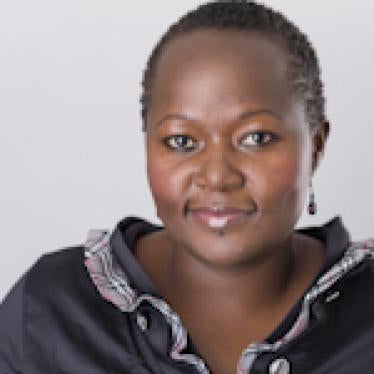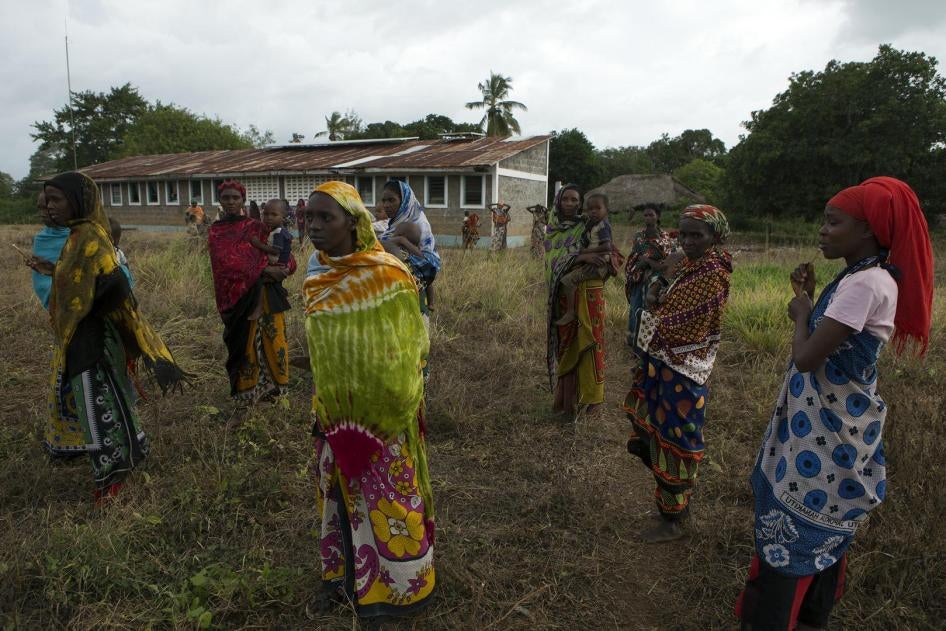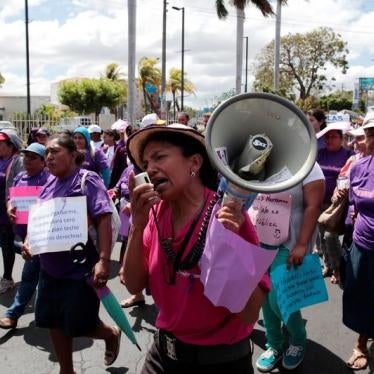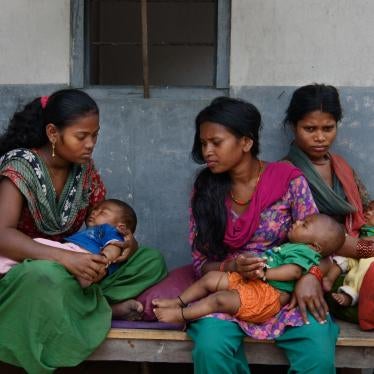James lives in a Nairobi slum and takes care of his niece. Her mother died almost 10 years ago following complications from a botched abortion. She had become pregnant in a horrific gang rape.
“She told us that she saw three men rape her and then she lost consciousness,” James told me. “She was just quiet most of the time after the rape. She didn’t want the baby. She tried to abort three times.”
Her fourth attempt proved fatal. “When she was about eight months pregnant, I was called by a neighbour saying my sister had fainted. She was taken to Kenyatta National Hospital, but she didn’t make it. She had taken some medication to kill herself and the baby.”
Unsafe abortion is a major public health crisis in Kenya. It is a leading cause of preventable death and illness among women and girls of reproductive age, and post-abortion care, including care for severe health consequences, consumes significant resources.
Legal
Abortion is largely illegal in Kenya, even for women like James’ sister. The 2010 Constitution created limited exceptions to the previous constitution, which permitted abortion only to protect a woman’s life. Abortion is now legal in limited circumstances where, in the opinion of a trained health professional, there is a need for emergency treatment, or the life or health of the woman is in danger.
These advances have, however, not translated into wider access to safe abortion. There have been no efforts by the government to educate the public about when and where legal abortion is available. Critically, the government has also failed to issue regulations to the medical profession on when they can intervene to offer legal abortions. In December 2013, the director of medical services arbitrarily withdrew the 2012 “Guidelines for Reducing Morbidity and Mortality from Unsafe Abortion,” and banned training in safe abortion for all health care providers.
A process has been under way for some time to develop new guidelines, but many experts and activists question why the Health Ministry is taking long to finalise and disseminate them.
FIDA
A court case by the Federation of Women Lawyers in Kenya to compel the Health Ministry to issue the guidelines and training of health workers, as well as to clarify the basis for legal abortion under the constitution, is pending in court.
In the absence of clear guidance, some health providers are reluctant to offer abortions for fear of prosecution. Kenya’s Penal Code includes criminal penalties for women who have undergone an abortion, with punishment of up to seven years in prison, and anyone who helps them get one, can be imprisoned for up to 14 years. There have been numerous arrests in cases of women who seek abortion and health providers who assist them.
The stigma attached to abortion in Kenya is another big reason why women and girls may not seek information about when it is legal to have an abortion, instead opting for so-called back-street abortions.
I have spoken with many women and girls, including survivors of sexual violence, who told me they would not talk to health providers about legal abortions because they fear people will think that they are immoral.
Support Girls
The Kenyan government should publicly support women and girls’ right to unhindered access to voluntary safe abortion where allowed by law, and ensure that post-abortion care is available for all abortion-related complications. It should also provide access to quality family planning information and services.
Legal reforms are needed to align the penal code provisions on abortion to the Constitution and Kenya’s international human rights obligations by making abortion legal in all cases of rape and to remove provisions that criminalise abortion, especially those that punish women who have had an induced abortion. The Health Ministry should urgently expedite the completion of the “Guidelines for Reducing Morbidity and Mortality from Unsafe Abortion,” and train health workers on their use.
Emotional Issue
Abortion is a complex and highly emotional issue and one that often arouses deeply held feelings about life and women’s ability to control their bodies. Women have a right to health, however, and this includes access to safe abortion services.
Denying women access to abortion, particularly if there is a threat to the woman’s life or health, or if the pregnancy is the result of rape, violates their human rights. As Kenya marks International Safe Abortion Day today, it should stand up for women’s rights to health, not limit them.










